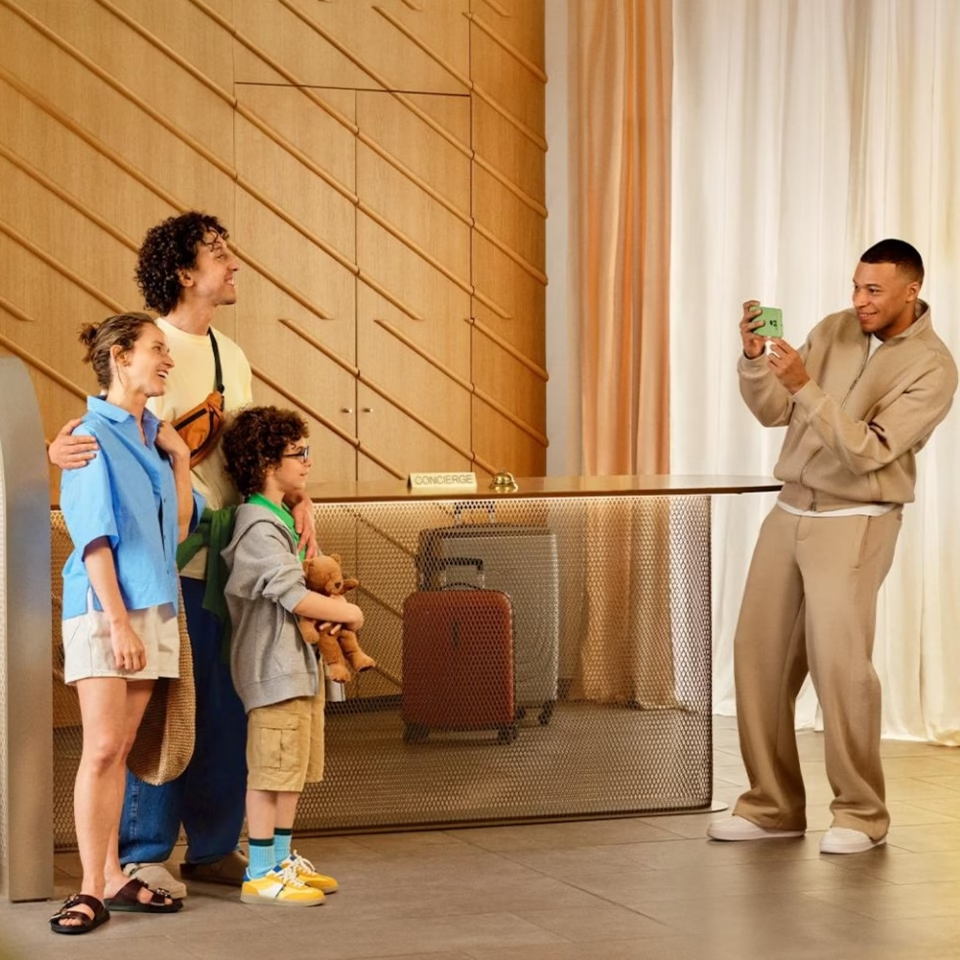Hospitality has always been about balancing the warmth of human connection with smart innovation. Today, this balance is being rewritten by technology and collaboration in ways that feel both exciting and necessary. From kitchens that waste less food to baggage-free travel experiences, hotels and their partners are driving solutions that speak to the modern traveller’s evolving expectations.
And as we know, the momentum is only growing. The global AI in the hospitality industry is forecasted to skyrocket to USD 70.32 billion by 2031, from just USD 16.33 billion in 2023. This shows a profound shift in how hotels, restaurants and travel partners operate. For guests, it means seamless, personalised stays. For owners, it means sharper insights and stronger loyalty. And for employees, smoother workflows that allow them to focus on creating memorable experiences.
More than ever, collaboration and technology-led innovation are not just perks. They have formed the new foundation of what it means to stay, travel and thrive. These insights, driven by Accor’s Innovation Lab and partnerships with startups, show how the industry can evolve with purpose.
Tackling waste: Fullsoon’s smart kitchen revolution
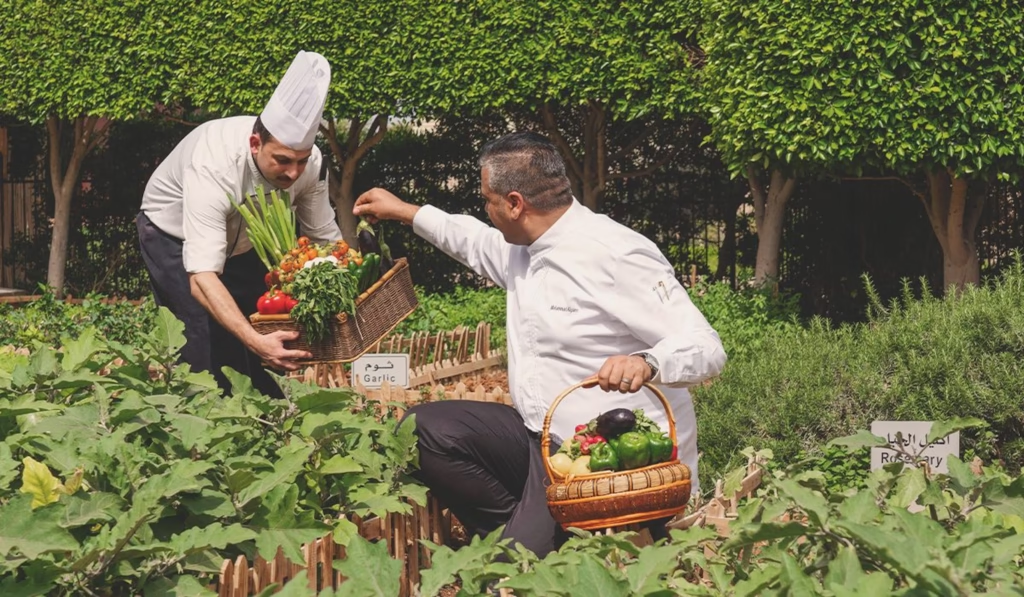
Food waste remains one of hospitality’s biggest hidden costs, both environmentally and financially. Inefficient forecasting, over-ordering and stock mismanagement can eat away at margins while undermining sustainability commitments.
That’s where Fullsoon steps in. Born from an idea inside Accor by then-data scientist Hassan-Ali Chaudhary, the startup uses AI-powered predictive stock management and carbon tracking to transform kitchen operations.
“Accor really built a special intrapreneurship program for me. For six months I was still an employee working full-time on this idea with dedicated resources. That changed everything,” recalls Chaudhary, now Co-founder of Fullsoon.
The platform does far more than predict demand. It guides kitchens on staffing, ordering and preparation, automatically placing precise supplier orders and helping restaurants reduce waste before it begins. Importantly, it also tracks the carbon footprint of each dish, recommending ingredient swaps and even communicating impact transparently to diners.
The results speak volumes:
- 94% forecasting accuracy
- One-third reduction in food waste
- 20 hours saved per week in operations
- 6% increase in profit margins
As Chaudhary puts it: “We achieved more than 94% accuracy on forecasting, reduced food waste by one-third and saved 20 hours a week in operations. That’s the power of AI when it’s built for real problems.”
With deployments already across 1,500 kitchens and ambitions to reach 5,000 worldwide, Fullsoon is reshaping how kitchens operate, proving that profitability and sustainability can thrive side by side.
Rethinking travel flow: Alltheway’s luggage-free journeys
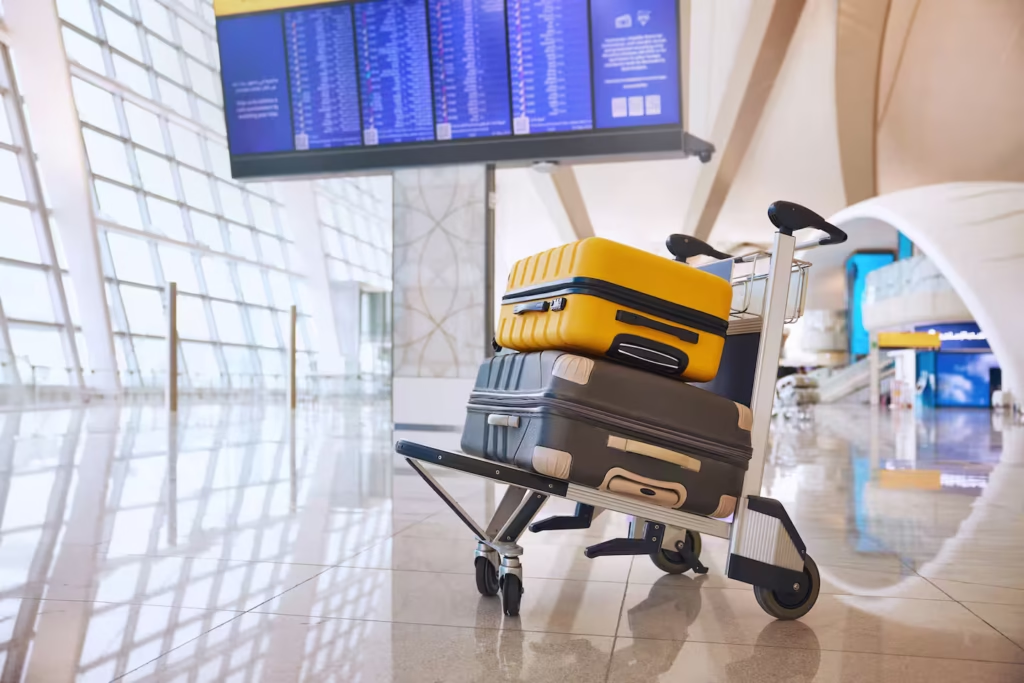
If food waste is hospitality’s invisible challenge, then luggage is travel’s very visible pain point. Dragging bags through crowded stations, queuing for storage or navigating transfers all disrupt the joy of travel.
Alltheway, a Paris-based startup founded by Emilie Gazeau, is changing this. The platform allows travellers to check in their bags at city centres, hotels or other convenient hubs, thus freeing them to move smoothly through airports and transportation stations.
“Alltheway solves one of the biggest pain points in travel: luggage handling. We simplify travel and create new value for partners like Accor by relieving infrastructure bottlenecks and improving the guest journey,” says Gazeau.
The benefits ripple outwards:
- Guests enjoy stress-free journeys.
- Hotels reduce congestion at peak times.
- Travellers increasingly opt for sustainable options such as trains or public transport.
Accor partnered with Alltheway to pilot and scale the service, including during the Paris 2024 Olympic and Paralympic Games, one of the ultimate pressure tests for international hospitality operations. The results? 90% guest satisfaction, 100% reliability, and two-thirds of users switching from taxis to public transport.
As Gazeau reflects: “Accor was instrumental. They gave us access to test in the real world, validated our technology and helped us create impact—not just for guests, but for urban mobility as a whole.”
Now, with expansion plans into more markets, Alltheway is redefining what “seamless travel” means.
Making sustainability playful: Luniwave’s gamified showers
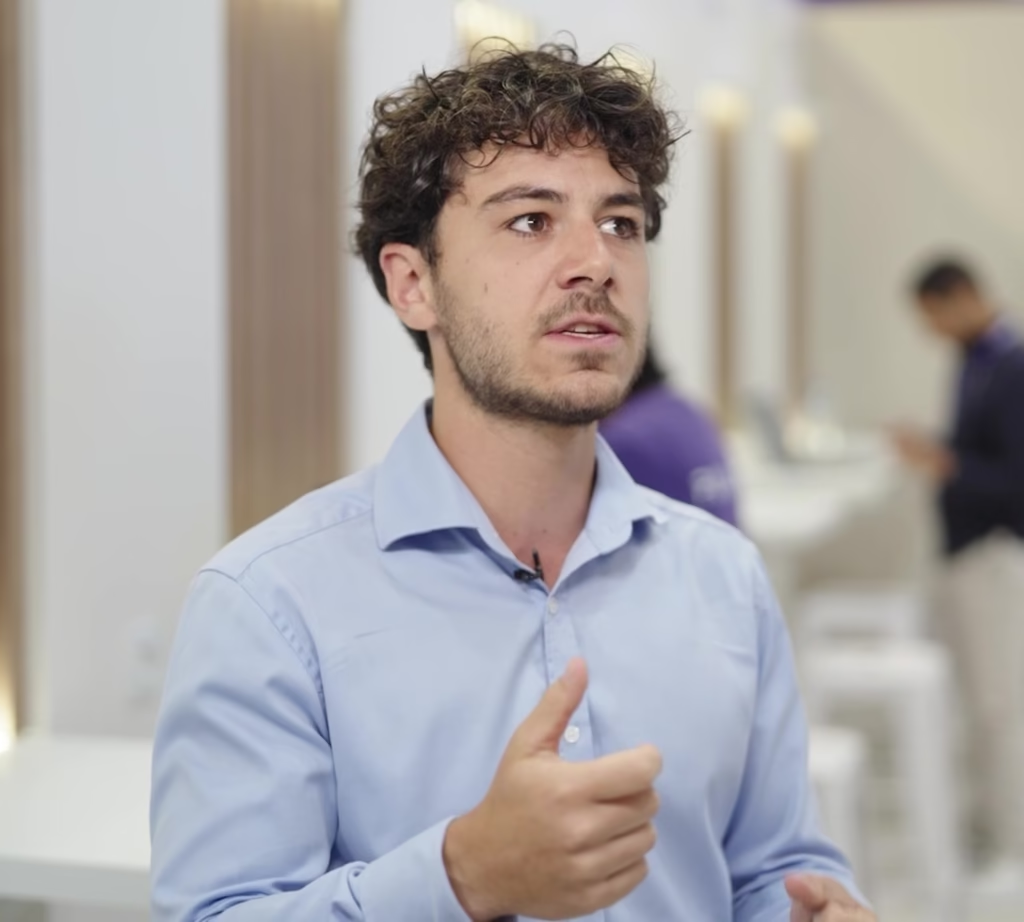
The shower is one of the biggest sources of hotels’ water consumption, yet most guests rarely consider their personal impact during a stay. Luniwave is flipping that narrative by turning water-saving into a game.
Through its gamification platform, guests set personal water-use goals—such as limiting shower water to a certain number of litres—and earn rewards for meeting them. The simplicity and fun of the system make sustainability tangible and motivating.
“Nine out of ten guests said it improved their stay. That’s the power of turning sustainability into an experience,” says Léonard Grynfogel, Co-founder and CEO of Luniwave.
But it doesn’t stop at showers. The same logic powers GreenMiles, a broader programme rewarding guests for a variety of sustainable choices, from skipping room cleaning to choosing trains over flights. Guests accumulate “miles” for their actions, creating a positive feedback loop that motivates lasting change.
Accor tested Luniwave across seven hotel brands and two regions (the Middle East and Europe) with striking results of reduced water consumption and enthusiastic guest feedback. Some even asked if they can get it at home.
That kind of resonance proves sustainability can add lasting value to a guest’s experience, especially when it feels participatory and rewarding. With phase two of pilots planned for 2025–2026, the partnership is set to further scale its impact.
Why it matters more than ever — especially in the Middle East
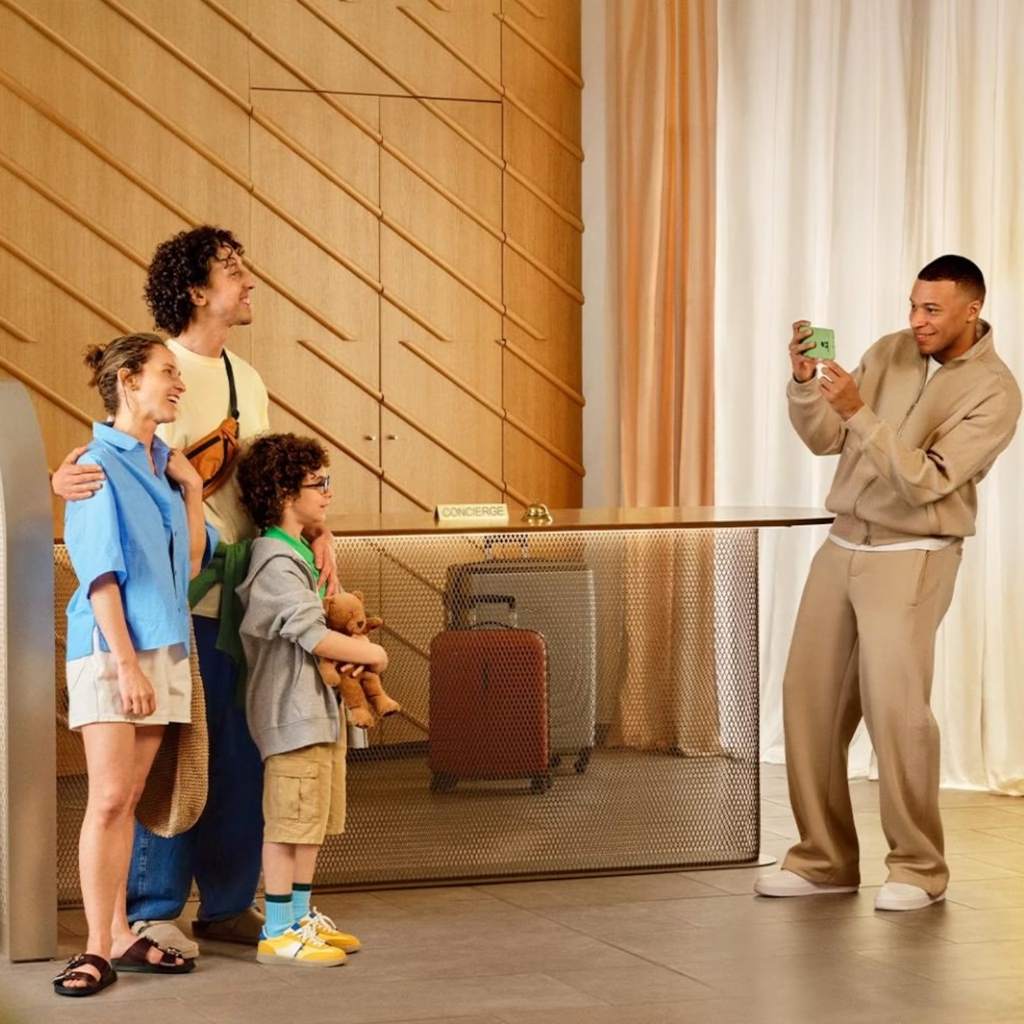
Nowhere is innovation in hospitality more promising than in the Middle East right now. The region is experiencing a massive tourism boom, with global events, luxury resorts, and mega-developments drawing millions of international visitors each year. At the same time, issues like water scarcity, food security, and infrastructure pressure are uniquely acute here.
For travellers heading to the region, expectations are sky-high for seamless journeys, meaningful sustainability, and world-class service. For operators, the challenge is to deliver on these expectations while also protecting resources and ensuring long-term resilience.
This is where initiatives like Fullsoon, Alltheway and Luniwave can become game-changers. AI-driven kitchens that waste less food, frictionless luggage solutions that ease city congestion, and gamified sustainability that makes water conservation rewarding all resonate directly with the realities of Middle Eastern hospitality.
By embracing these innovations, hotel groups can better position themselves not just as service providers, but as global leaders in responsible tourism to meet traveller demands while addressing regional priorities head-on. It is this alignment of guest experience and environmental responsibility that will define the region’s competitive edge in the years to come.

